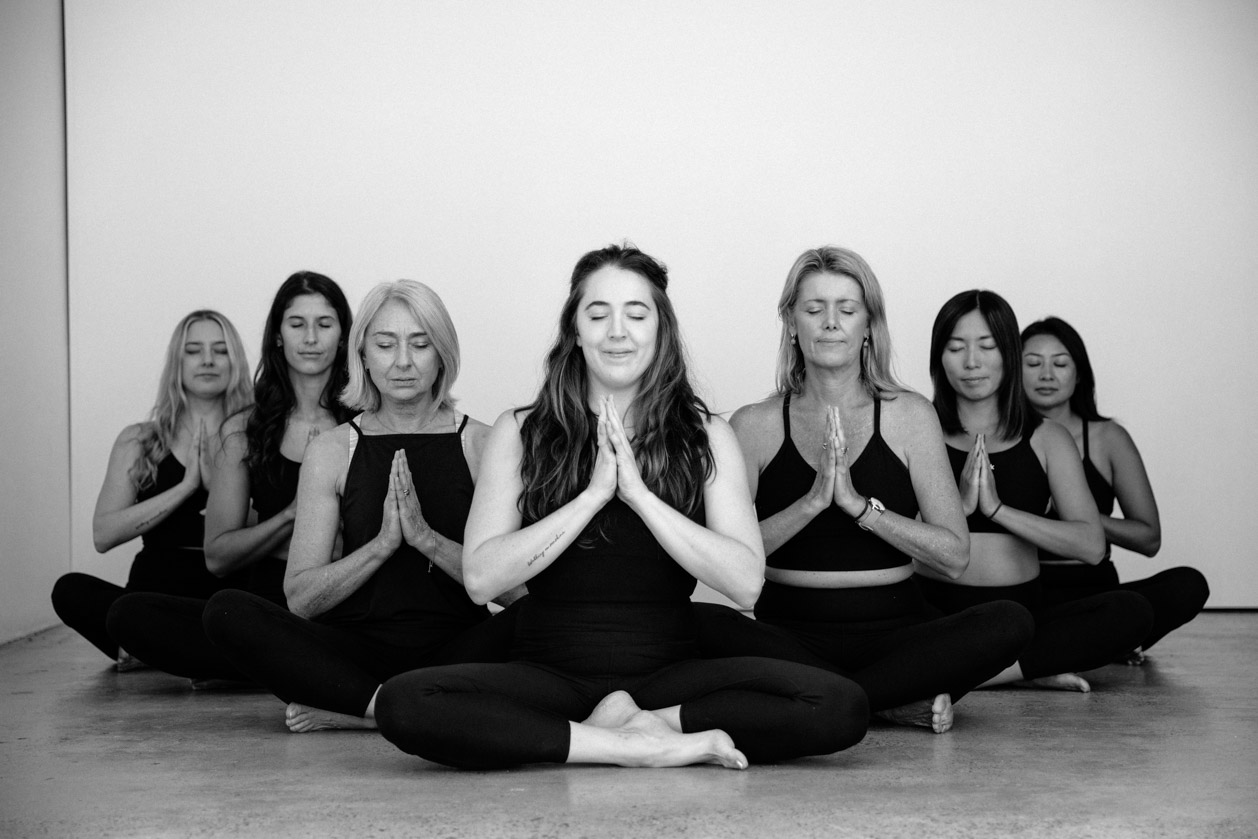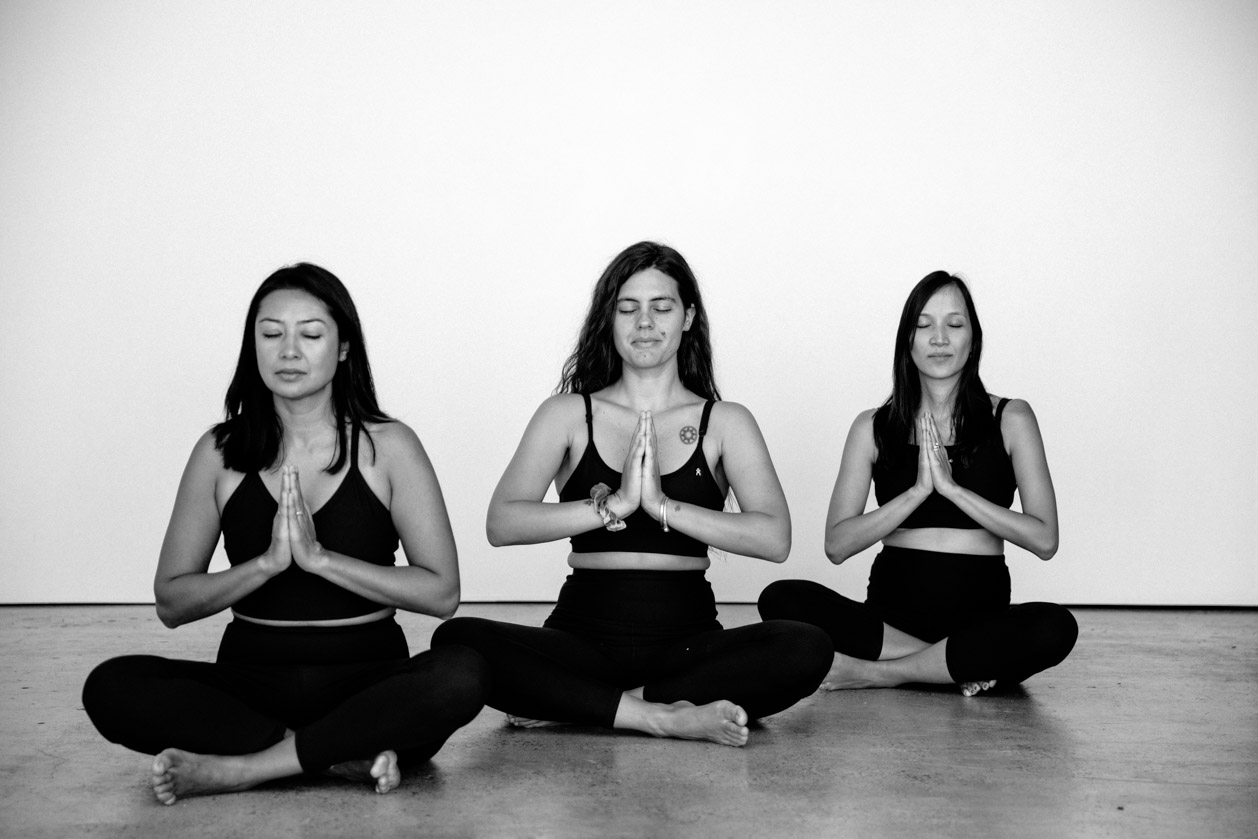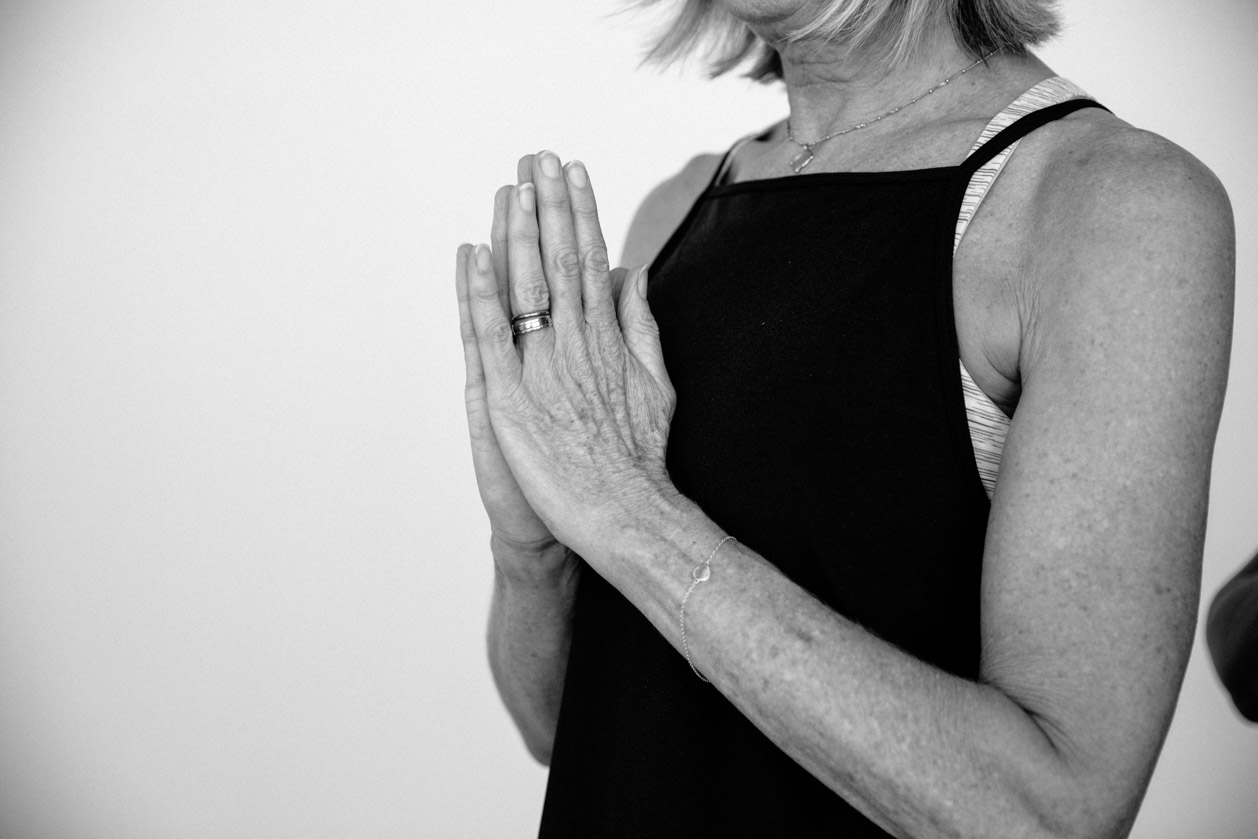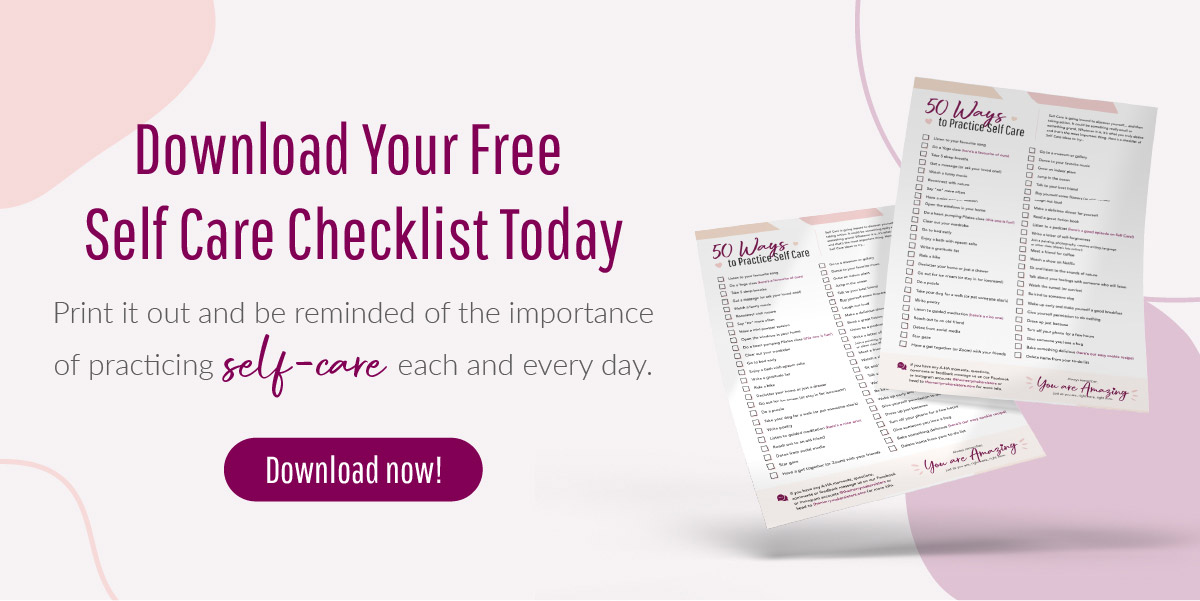Mindfulness is a powerful practice that can help improve your mental health and overall well-being. It involves focusing your attention on the present moment, without judgment. It lets you quiet down that self-criticising voice that holds you back from so much. It helps to reduce unnecessary self-sabotage and suffering. Really, the practice of mindfulness does make life a whole lot better (in our opinions anyway!).
What we love most about the practice of mindfulness is how simple it can be, it’s so simple you can begin right away! Alright, let’s get to the juicy actionable stuff, keep reading to find out how to practise mindfulness for better mental health, we also touch on what mindfulness is and how to incorporate it into your daily life.
What is Mindfulness?
Mindfulness is a type of meditation that involves paying attention to your thoughts, feelings, and physical sensations in the present moment. It’s about being aware of what’s happening around you without judging or reacting to it. By practising mindfulness, you can learn to quiet your mind, reduce stress and anxiety, and improve your overall mental health.
The best part is, it’s a very simple and doable practice.

How to Practise Mindfulness
Here are some simple tips for practising mindfulness, take a read and start with whichever point you are most drawn to.
Set aside time for mindfulness meditation:
Find a quiet place where you can sit comfortably and set a timer for 5-10 minutes. Close your eyes and focus on your breath, feeling the sensation of each inhale and exhale. When your mind wanders, gently bring your attention back to your breath.
Practise mindfulness during everyday activities:
You don’t have to meditate to practise mindfulness. Try focusing on the present moment during daily activities like brushing your teeth or washing dishes. Pay attention to the sensations in your body and the sounds and smells around you.
For example, instead of going over your to do list while you sweep the floor, focus on sweeping the floor, notice how your arms move and your torso gently twists. Notice the dust and crumbs on the ground (maybe be a little shocked if it’s been a few too many days, but don’t judge, just take note). Be present in your movement, you’ll notice how you tend to take better care in how you move. Notice how it feels to walk on a swept floor.
We know, this all sounds kind of silly… but practising presence and mindfulness during these everyday tasks can make a huge impact on how you feel each and every day. How you do one thing flows onto how you do other things.
Use a mindfulness meditation App:
There are many apps available that can help guide you through mindfulness exercises. These Apps often give you prompts, and audio recordings to help implement a regular mindfulness routine. We even share meditations on our MerryBody App. You can start a 7 day trial over here. Our meditations are very simple and short because we know you’re busy! They range from 5 minutes to 15 minutes and they absolutely will make you feel better in mind and body. You can try one over here!
Practise gratitude:
Gratitude is a form of mindfulness that involves focusing on what you’re thankful for in your life. Try starting a gratitude journal where you write down three things you’re grateful for each day. Gratitude helps you focus on all that you have in your life instead of focusing on what you lack. This daily action will help you feel a whole lot more positivity and love for life.
Practise mindful breathing:
If you’re feeling stressed or anxious, try taking a few deep breaths and focusing on the sensation of air entering and leaving your body. This can help calm your mind and reduce stress.
Deep and full nasal breathing will help your body get into your parasympathetic nervous system (rest and digest system), as opposed to your sympathetic nervous system (fight or flight system). Although both systems are required, in today’s day and age we tend to live with more stress and be sympathetic nervous system dominate. This causes havoc on hormones, and cortisol levels and leads to an array of health issues. Ensure you are breathing properly throughout your day.

Practising mindfulness is a simple yet powerful way to improve your mental health and overall well-being. Especially right now, in today’s day and age where everything seems to be moving at 1000 kms an hour, we personally feel it’s more important than ever to introduce methods to welcome in presence so we don’t miss the life that is happening all around us.
Always merrymaking,
Emma + Carla


